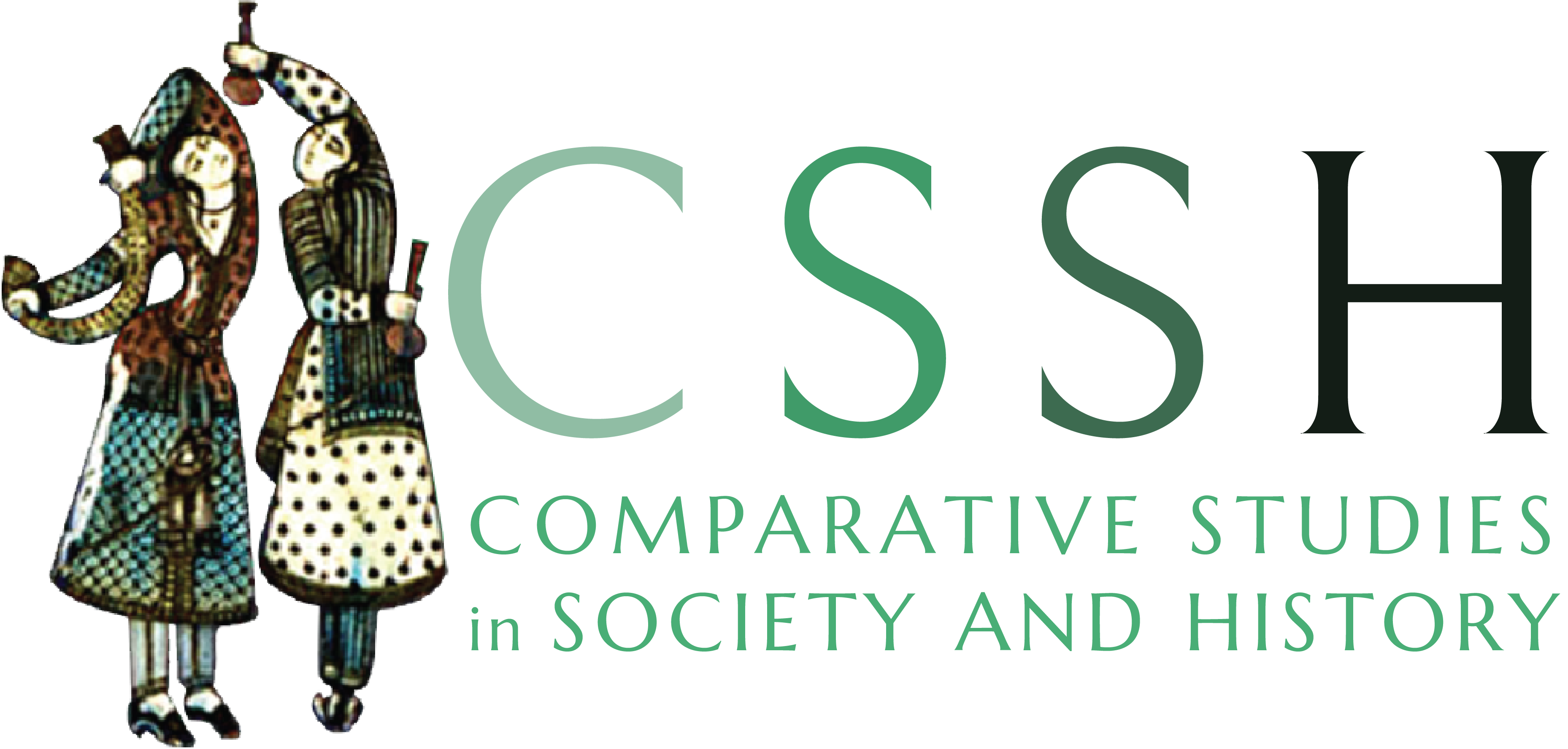Congratulations to Elliott Prasse-Freeman (“Reassessing Reification: Ethnicity amidst “Failed” Governmentality in Burma and India” (CSSH 65-3, 2023)) for the publication of his new book, Rights Refused: Grassroots Activism and State Violence in Myanmar (Stanford University Press). The publisher writes of the text:
For decades, the outside world mostly knew Myanmar as the site of a valiant human rights struggle against an oppressive military regime, predominantly through the figure of Nobel Peace Prize winner Aung San Suu Kyi. And yet, a closer look at Burmese grassroots sentiments reveals a significant schism between elite human rights cosmopolitans and subaltern Burmese subjects maneuvering under brutal and negligent governance. While elites have endorsed human rights logics, subalterns are ambivalent, often going so far as to refuse rights themselves, seeing in them no more than empty promises. Such alternative perspectives became apparent during Burma’s much-lauded decade-long “transition” from military rule that began in 2011, a period of massive change that saw an explosion of political and social activism.
How then do people conduct politics when they lack the legally and symbolically stabilizing force of “rights” to guarantee their incursions against injustice? In this book, Elliott Prasse-Freeman documents grassroots political activists who advocate for workers and peasants across Burma, covering not only the so-called “democratic transition” from 2011-2021, but also the February 2021 military coup that ended that experiment and the ongoing mass uprising against it. Taking the reader from protest camps, to flop houses, to prisons, and presenting practices as varied as courtroom immolation, occult cursing ceremonies, and land reoccupations, Rights Refused shows how Burmese subaltern politics compel us to reconsider how rights frameworks operate everywhere.
CSSH also celebrates Natalie Scholz (“Ghosts and Miracles: The Volkswagen as Imperial Debris in Postwar West Germany” (CSSH 62-3, 2020) upon the publication of Redeeming Objects: A West German Mythology (University of Wisconsin Press). The monograph is described thusly:
Redeeming Objects traces the afterlives of things. Out of the rubble of World War II and the Holocaust, the Federal Republic of Germany emerged, and with it a foundational myth of the “economic miracle.” In this narrative, a new mass consumer society based on the production, export, and consumption of goods would redeem West Germany from its Nazi past and drive its rebirth as a truly modern nation. Turning this narrative on its head, Natalie Scholz shows that West Germany’s consumerist ideology took shape through the reinvention of commodities previously tied to Nazism into symbols of Germany’s modernity, economic supremacy, and international prestige.
Postwar advertising, film, and print culture sought to divest mass-produced goods—such as the Volkswagen and modern interiors—of their fascist legacies. But Scholz demonstrates that postwar representations were saturated with unacknowledged references to the Nazi past and older German colonial fantasies. Drawing on a vast array of popular and highbrow publications and films, Redeeming Objects adds a new perspective to debates about postwar reconstruction, memory, and consumerism.


